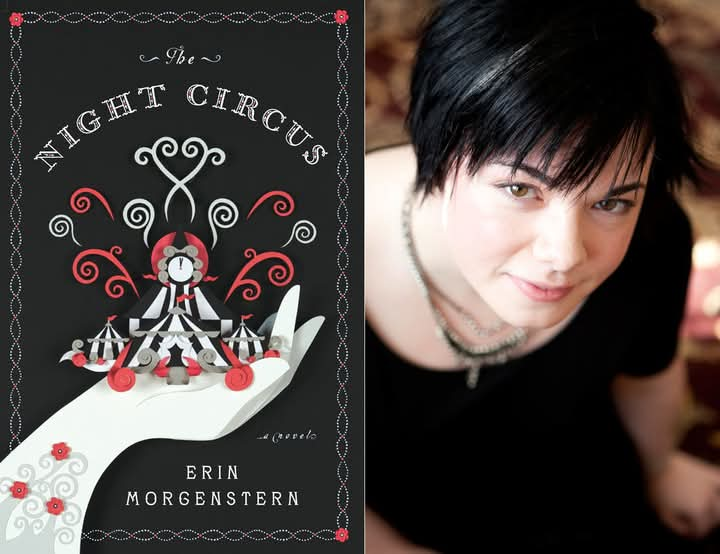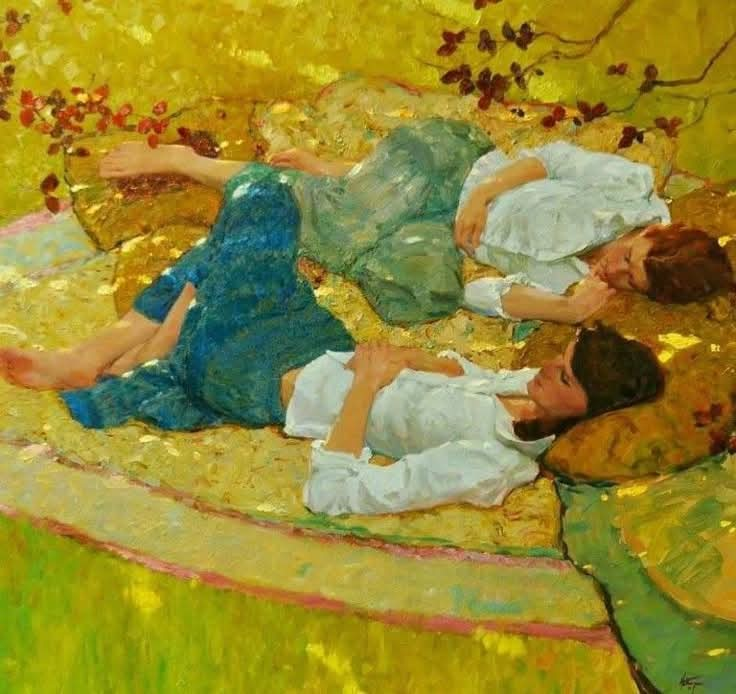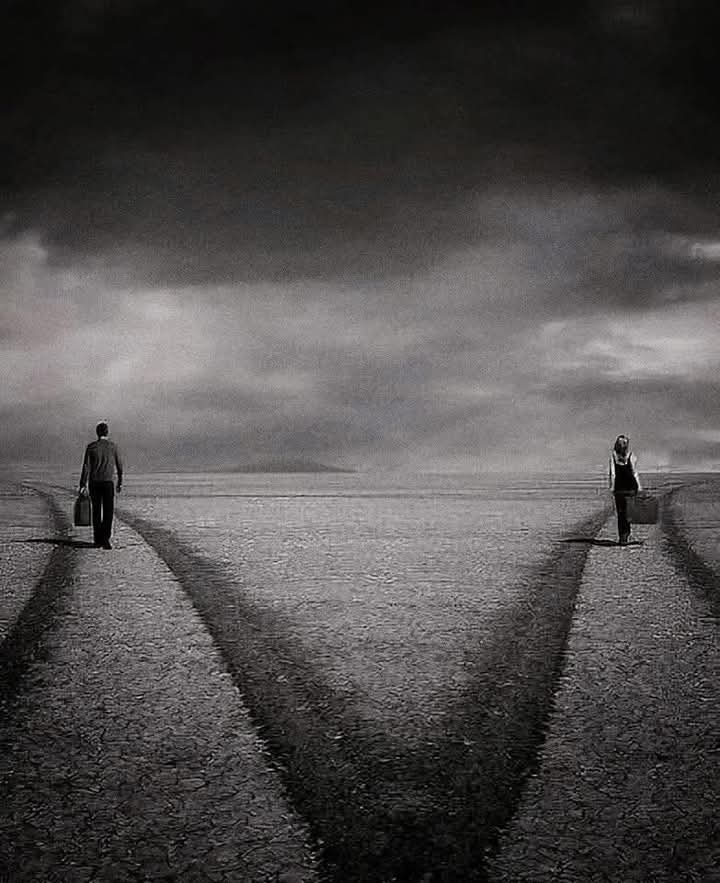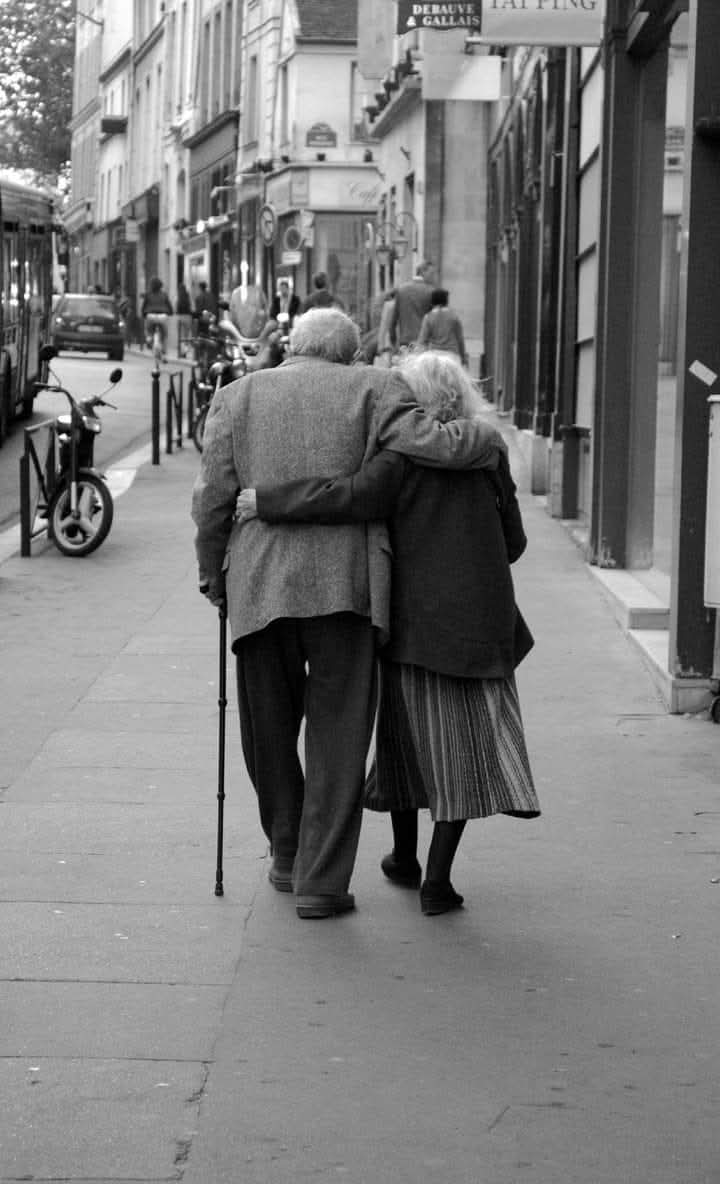The circus arrives without warning.
It’s a simple sentence. Deceptively quiet. But once those words land in your mind, they stay—like a whisper from a dream or the echo of a forgotten lullaby. Erin Morgenstern’s The Night Circus isn’t just a novel. It’s a spell. A midnight ticket to a world of smoke and stardust, spun sugar and shadows. It’s the kind of book that doesn’t ask you to suspend disbelief—it feeds it candied popcorn, dresses it in velvet, and gives it a backstage pass to wonder.
Let’s get the basics out of the way: The Night Circus (first published in 2011) is Morgenstern’s debut novel, and holy black cats on a tightrope, what a debut it is. Set in the late 19th and early 20th centuries, the novel revolves around a mysterious traveling circus called Le Cirque des Rêves—“The Circus of Dreams”—that opens only at night. No posters, no previews, no schedule. It simply... appears.
But under all the stripes and sugarcoated charm lies a magical duel—two young illusionists, Celia Bowen and Marco Alisdair, have been bound since childhood into a challenge they barely understand. Their battlefield? The circus itself. Their weapons? Enchantment, ingenuity, and imagination. The catch? Only one can win. And yes, romance blooms, because nothing says "star-crossed" like dueling magicians trapped in an existential tournament cooked up by their merciless mentors.
Now, don’t expect a galloping plot or predictable twists. Morgenstern plays a different game—one of atmosphere and mood, of texture and timing. Reading The Night Circus feels less like flipping pages and more like wandering a dream. The narrative glides between timelines and perspectives like a magician pulling silks from a hat: fluid, colorful, and slightly disorienting, but always deliberate.
And oh, the circus itself! It’s not a backdrop—it’s a character. One that breathes and beckons. There’s the Ice Garden, where every flower is carved from frost. The Cloud Maze, where you literally bounce through the air. The Wishing Tree, whose candles grant desires with every whisper of flame. Each tent is a love letter to the art of imagination. If you don’t want to live there by page 100, I don’t know what to tell you. Maybe your soul needs more cinnamon.
One of Morgenstern’s greatest tricks is how she builds this immersive world with prose that feels like poetry that went to finishing school. Her writing is richly sensory, occasionally abstract, always elegant. She doesn’t rush. She seduces. She invites you to linger over every word, as if reading were a shared secret between you and the page.
Of course, this slow-burn magic won’t suit everyone. Readers who like fast-paced plots, clear-cut resolutions, or strict realism may find The Night Circus frustrating. Characters sometimes drift through the story like beautifully dressed shadows, and the romance—though lush—is less about heat and more about ache. But honestly, that's part of the charm. The book is less a rollercoaster and more a carousel: round and round it goes, hypnotic, haunting, full of flickering lights and gentle music.
It’s worth noting that Morgenstern was (and is) an artist and multimedia creator, and that visual instinct is all over this book. The black-and-white motif of the circus bleeds into the prose, into the structure, into the very heart of the novel. It’s an aesthetic experience—like stepping into a Tim Burton dream curated by Wes Anderson and scented by Lush bath bombs.
The supporting cast of rêveurs (devoted fans who follow the circus across continents) adds depth and warmth to the story. Characters like the clockmaker Herr Thiessen, the contortionist Tsukiko, and the charming twins Widget and Poppet each bring their own flavor to the tale. They may be part of the background, but they shine like sparks in the dark.
Ultimately, The Night Circus is a celebration of creativity—for readers, writers, artists, and anyone who believes in the transformative power of imagination. It’s a novel that doesn’t just tell a story—it performs it. Morgenstern invites you to step beyond the veil of ordinary life and into a realm where everything, everything, is possible. And isn’t that what magic is for?
So, if you’re in the mood for something lush and lyrical, strange and sweet, romantic and a little bit tragic—this book is your ticket. Just be warned: once you enter the circus, part of you might never leave. You may find yourself watching for it in the corners of the night. You may even start dreaming in monochrome.
But don’t worry. The circus is meant to be dreamt. Just follow the smell of caramel and midnight, and don’t forget to wear something red.
Final Verdict:
?????????? (5 out of 5)
A feast for the senses, a symphony for the soul. Step right up. The circus is waiting.
|
|







